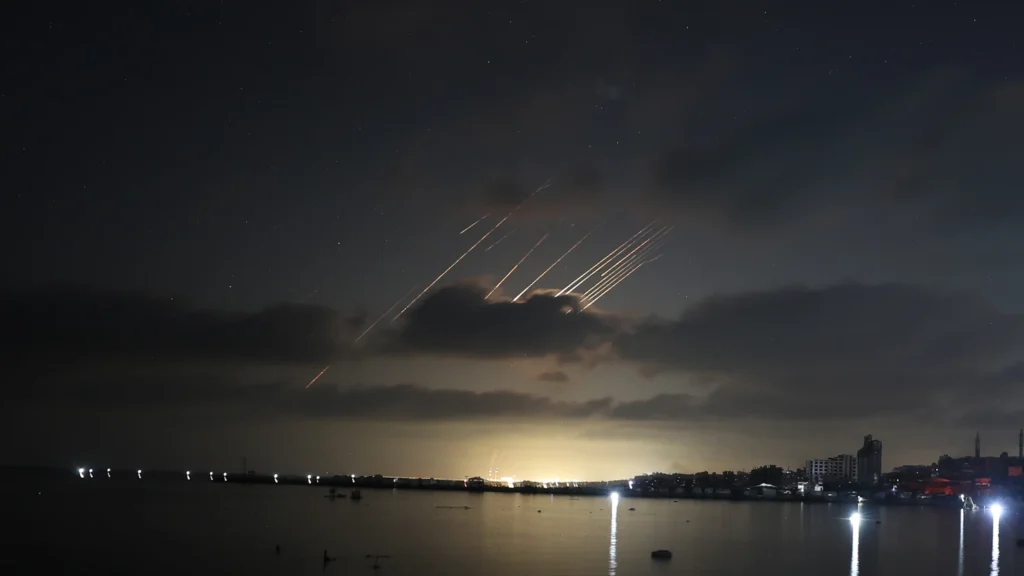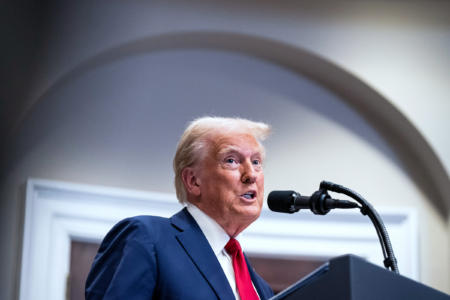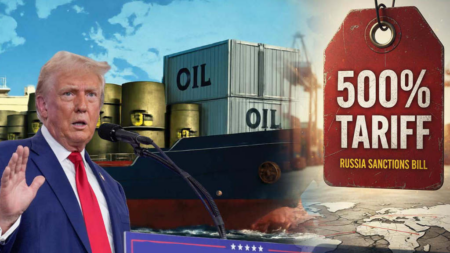The Iran–Israel war continues and the death toll has not stopped as this dangerous escalation enters its fourth day.
An unusual statement by Israeli Defense Minister Israel Katz made things more complicated:
“The residents of Tehran will pay the price, and soon,” Katz declared, though he clarified Israel does not intend to harm civilians, only regime infrastructure.
Iran’s Revolutionary Guard said it employed tactics that caused Israeli missile defenses to “target each other”.
Iran–Israel War Kills at Least 13 Israelis and 230 Iranians
Iran-Israel conflict escalated sharply overnight as missile strikes hit residential areas, resulting in civilian casualties and prompting international concern over regional spillover.
Israeli attacks reportedly killed Iran’s Revolutionary Guards intelligence chief.
While Iran’s retaliatory strikes killed 10 people in Israel, raising the total death toll to at least 13 Israelis and 230 Iranians since Friday.
The violence derailed ongoing nuclear negotiations between Tehran and Washington, with Iran refusing further talks while under attack.
Despite global calls for de-escalation, both sides remain defiant, with Israel vowing to halt Iran’s nuclear ambitions and Iran rejecting a ceasefire under current conditions.

Oil & Gold Surge Due to Iran–Israel War
Oil Market Reaction
- Brent crude initially surged over 7%, briefly hitting $84/barrel, before settling around $74.60.
- U.S. WTI crude held steady near $73–$74.
- Concerns focus on possible disruptions to the Strait of Hormuz—a vital artery for 20% of global oil flows.
- Analysts warn sustained oil disruptions could approach $90–$100/barrel, especially if the conflict Iran–Israel war expanded.
Gold & Safe-Haven Assets
- Gold peaked near $3,430/oz, briefly hitting two-year highs, then eased to around $3,416/oz.
- Renewed investor appetite highlights gold’s role as a hedge amid uncertainty.
Equities Show Resilience
Despite the hostilities:
- Global markets showed strength: Tokyo’s Nikkei (+1.3%), Seoul’s Kospi (+1.8%), European indices, and U.S. futures all rose.
- Israel’s TA‑35 was up ~1%, and the broader TA‑125 up ~1.3%.
- U.S. futures (S&P 500, Dow Jones) also gained +0.5%.
Analysts suggest this muted reaction stems from hopes for fast, precise military operations and diplomatic engagement.

Broader Economic & Geopolitical Fallout for Iran–Israel War
Any escalation impacting Hormuz shipping could elevate oil prices further and inflict inflationary pressure.
Energy supply fears might delay central bank interest-rate cuts .
Gold, the U.S. dollar, and Treasuries have seen defensive inflows.
While airlines and travel sectors remain under pressure as all the region airports suspended services.
U.S. & G7 Response to Iran and Israel Conflict
The G7 summit (Canada) has prioritized the crisis. German Chancellor emphasized upholding Israel’s right to defense, preventing nuclear escalation in Iran, and pushing for diplomacy.
U.S. President Trump reportedly vetoed proposals targeting Iran’s supreme leader, advocating for renewed nuclear talks.








